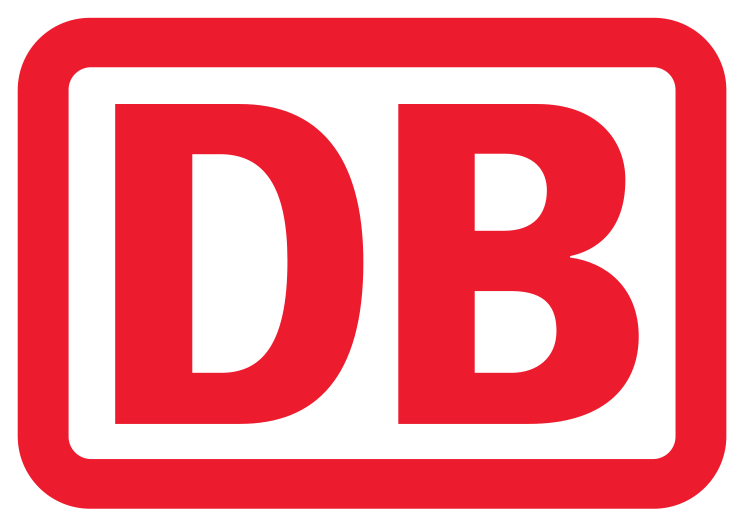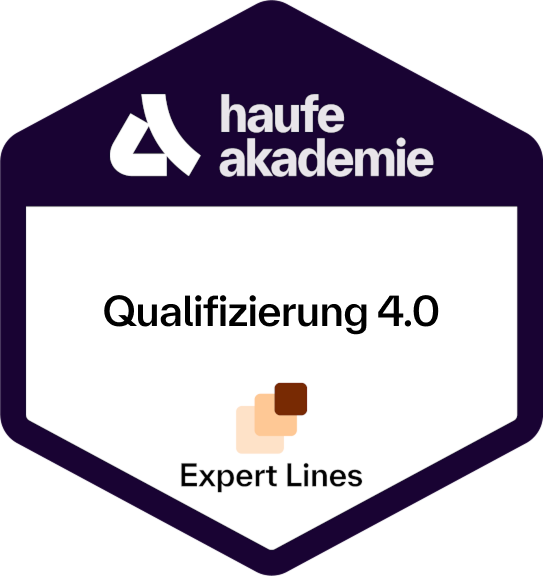certified ESG Manager:in
Bringing sustainability into structures, processes and culture

- Get to know ESG basics (environmental, social, governance) and key sustainability concepts.
- Overview of various sustainability models (e.g. pillar model, planetary boundaries, donut model, etc.).
- Opportunities and risks of sustainable action for companies.
- Introduction to the ESG ecosystem and megatrends.
- The big picture: overall context of sustainability (e.g. UN, SDGs, OECD guidelines).
- The business case for sustainability: preparing arguments and relevance for decision-makers and management.
- Shaping future scenarios and sustainable business models.
- Stakeholder analysis to identify relevant players in the context of sustainability.
Self-study unit: Discover the ESG context in your own organization.
- Overview of relevant sustainability tools (e.g. double materiality analysis, stakeholder engagement, ecosystem analysis).
- Introduction to life cycle analysis (LCA) and cradle-to-cradle principles.
- Understanding the circular economy and applying it along the value chain.
- Develop impact orientation and awareness in the ESG context.
- Shaping corporate culture and values for sustainable transformation.
Self-study unit: Stakeholders - allies in sustainability.
- Structure and apply ESG and sustainability instruments.
- Conception of ESG workshops to build an organizational ecosystem.
- Effectively plan and implement stakeholder involvement.
- Carry out a double materiality analysis (impact & financial materiality).
- Developing a sustainability strategy step by step.
- Management theory and sustainability: profit orientation vs. impact - new ways of thinking in management.
Self-study unit: Analyze tools along the Sustainable Excellence Roadmap and their application in your own company.
- Integrate ESG into existing management systems (e.g. ISO 9001, ISO 14001, EMAS, ISO 45001, etc.).
- Anchoring sustainability in the organization in the long term through process management.
- ESG controlling: Understanding key figures, indicators and data basis.
- Establish links between sustainability strategy and reporting.
- Overview of current frameworks and their links (UN, SDGs, OECD guidelines, EU directives, laws, etc.).
Self-study unit: Fundamentals of sustainable business models.
- Define and strengthen your own role in sustainability management.
- Self-coaching: Stay motivated even in the face of headwinds.
- Positive psychology & systemic thinking for ESG managers.
- Lead, motivate and support ESG teams.
- Tools for team moderation and co-creative work.
- Dealing with resistance - an excursion into change management.
Self-study unit: The change management process and the basics of sustainability reporting.
- Develop communication strategies for internal and external target groups.
- Building trust through credible sustainability communication.
- Differences between voluntary and mandatory reporting (e.g. CSRD/ESRS, VSME, GRI, ISSB/IFRS S2).
- Designing collaboration & partnerships for sustainable impact.
- Exam preparation.
Examination requirements:
The prerequisite is the completion of all training modules as well as the completion of the self-study units. Four weeks before the examination date, a presentation on a current or upcoming project in your own organization on the topic of "ESG" is submitted to the Haufe Akademie .
Duration of the examination:
The duration of the examination is limited to one day per participant . Attendance on site is required on this day. The group and time allocation takes place approx. 12 weeks before the exam date.
Examination content:
Presentation of a current or upcoming project from your own organization.
Focus of the presentation:
- Initial situation & project objective.
- Reflection on your own role in the project.
- Reflection on the approach and selection of methods, tools, etc.
- Presentation of the learning process within the project.
Examination procedure:
every participant presents the submitted project in a plenary presentation. This is followed by a brief discussion with the other participants and the experts. You will answer the questions of the other participants and can ask your own questions in order to gain valuable input for the successful implementation of your project.
Learning environment
In your online learning environment, you will find useful information, downloads and extra services for this training course once you have registered.
Your benefit
- You will get to know a variety of models and practical tools that will give you security and orientation in your daily work as an ESG manager.
- You will discover specific fields of action and get ideas on how you can effectively shape sustainability in your area of responsibility - from concept to implementation.
- You will gain insights into successful solutions and examples from companies that will open up new perspectives for you.
- You develop your own concept for sustainability management - accompanied by experienced experts and with valuable peer feedback.
- You will have the opportunity to sharpen your inner compass - as a basis for your role as an ESG manager, in which you accompany colleagues in sustainable corporate governance.
Methods
Trainer input, group and individual exercises in presence and online, best-practice examples, tools for workshops, discussion, role reflection, personal exchange of experiences, etc.
Tool
Recommended for
For ESG managers: internal and sustainability managers as well as people with leadership, cultural and innovation responsibilities who not only think about sustainability in their organizations, but also want to translate it into structures, relationships and impact - from established SMEs to the start-up world.
- Customized training courses according to your needs
- Directly at your premises or online
- Cost advantage from 5 participants
- We contact you within 24 hours (Mon-Fri)
Start dates and details













